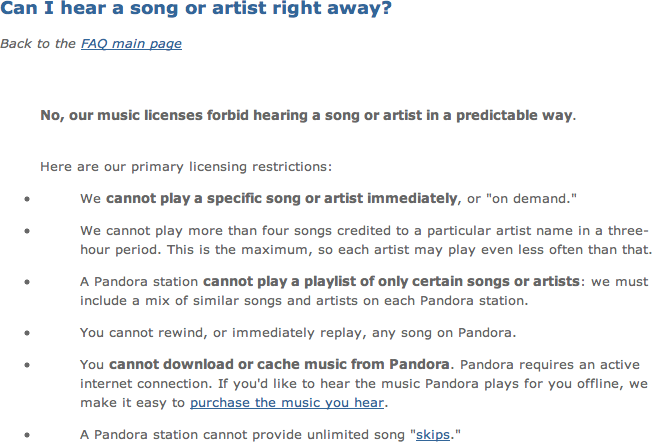Home » Industry Watch
iPhone 4, iOS4, Apple Morphology'An object of rare beauty.'
Stephen Fry has finally come out of the closet. As regards Apple. One of the primordial Maccies, Fry has recently become the counterpart to Walt Mossberg in the UK.
Not that what he writes is wrong or slurred or partial. But his articles in the Guardian are increasingly noticed and his review of Apple's new iPhone 4 is full of nothing but accolades.
Not that it shouldn't either: the device is yet another technological achievement for the Cupertino Lilliputians who continue to 'leapfrog' the competition, as Fry phrases it.
'The iPhone 4 is an object of rare beauty', gushes the eloquent Fry, noting that the handset gives the handler a 'profound feeling of quality and precision', something the crew at Gizmodo should have been already aware of.
'With this device in my hand, I feel that I am holding its designer Jonathan Ive's personal prototype, hand-machined as a proof-of-concept model. Ive is surely one of the most influential and gifted designers Britain has ever produced and the iPhone 4 may well be his masterpiece', Fry declares.
The iPhone 4 comes unlocked in the UK. Fry immediately switched carriers to Orange, evidence he doesn't always have a clue. But 'iPhone 4's star quality is irresistible', he concludes.
It might be another matter for the riffraff who still feel the crunch of the recession and are still paying the 'mortgage' on previous Apple phones - they're sold deceptively cheap because it costs far more to break a carrier contract.
Fry also notes in a blog adjunct that it is the 'intensity of the response' that is fascinating with an Apple release.
Truly fascinating.
Anger at Apple grows simultaneously on other fronts. 'Rotten Apples or Just Sour Grapes?' is the question posed at the NYTimes. The media are increasingly regarding Apple - and Steve Jobs - as 'bullies'. Whether an accurate epithet or not, whether part and parcel of the Tall Poppy Syndrome or not, this has to get the Cupertino spin doctors spinning.
Fortune's Philip Elmer-DeWitt reports analysts are noting that Apple, no longer the industry underdogs, need to tread more carefully. But the reasons for stepping carefully are shameful and grossly misguided - and yet all too typical.
'The Federal Trade Commission has reportedly won the toss and is looking into two possible antitrust issues: Adobe's complaint that Apple doesn't allow Flash on its mobile devices and Google's complaint that Apple restricts AdMob's ability to sell ads within iPhone and iPad apps. Meanwhile, the Department of Justice is still seeking information about Apple's role in the music business, which could lead to a separate antitrust case.'
Apple's iTunes music store helped revolutionise the stagnant music industry. It helped make digital downloads a reality. But downloading music is yesterday's solution. People don't want to own their music - they want to enjoy it. And they want to be able to listen to exactly what they desire and not at any old time but right now. The restrictions of Pandora, a leader in web-based streaming, are a good example of how constricting the music industry is.

The terms are outright ridiculous. The only way for people to get what they want is through services like Spotify. But Spotify remains hamstrung by the music industry who own a controlling interest gained through nearly no investment, only through giving Daniel Ek's company access to the extensive archives of their cartel.
The music industry still will not let Spotify set up shop in the US - something that was supposed to take place in the autumn last year. Spotify can currently stream music to seven European countries only. That's rather paltry. And the only thing holding Spotify back is the greed-based idiocy of the music industry. They can effectively block any corporate proposals Ek puts on the table.
The investigation into Apple's so-called war with Adobe is ridiculous - almost as ridiculous as the corporation Adobe. Any victory for Adobe, whether comprehensive or partial, is a damaging defeat for the consumer. Adobe have over the years worked on an increasingly hostile attitude towards the market and their most loyal customers.
It's only recently Adobe have been dragged kicking and screaming into the world of Cocoa development on the Apple platforms, an extraordinarily easy transition most third party companies made over ten years ago. Adobe dissembled for years about the true nature of their software for Mac OS X, calling it 'Carbon' when it was anything but - when it was the even more archaic PEF.
One has to seriously wonder what programmers at Adobe are tasked with and why. There are certainly no groundbreaking changes in their flagship products, Flash for Mac OS X is just as abysmal as always, licensing agreements get more draconian all the time with upgrades forced on customers not because Adobe release new features customers want but because Adobe don't update their software for revisions in OS X, revisions other software companies effect with no whinging.
To say Adobe are stagnant and repressive would be too kind.
Nor is there much credence to the Google complaint.
But there is something to be said about the App Store. This software store places software distribution in a sorry place, constricting developers, breaking the bond of confidence between them and their clients, and as it's technologically based on a security model that can only be described as 'up the butt batshit insane', it's become something to truly be scared of - and scared for where it can take us all.
See Also
Fortune: Apple needs to cool its rhetoric
NYTimes: Apple's Success Brings Scrutiny and Rivals' Envy
Guardian: Apple iPhone 4: an object of rare beauty that leapfrogs the competition
|